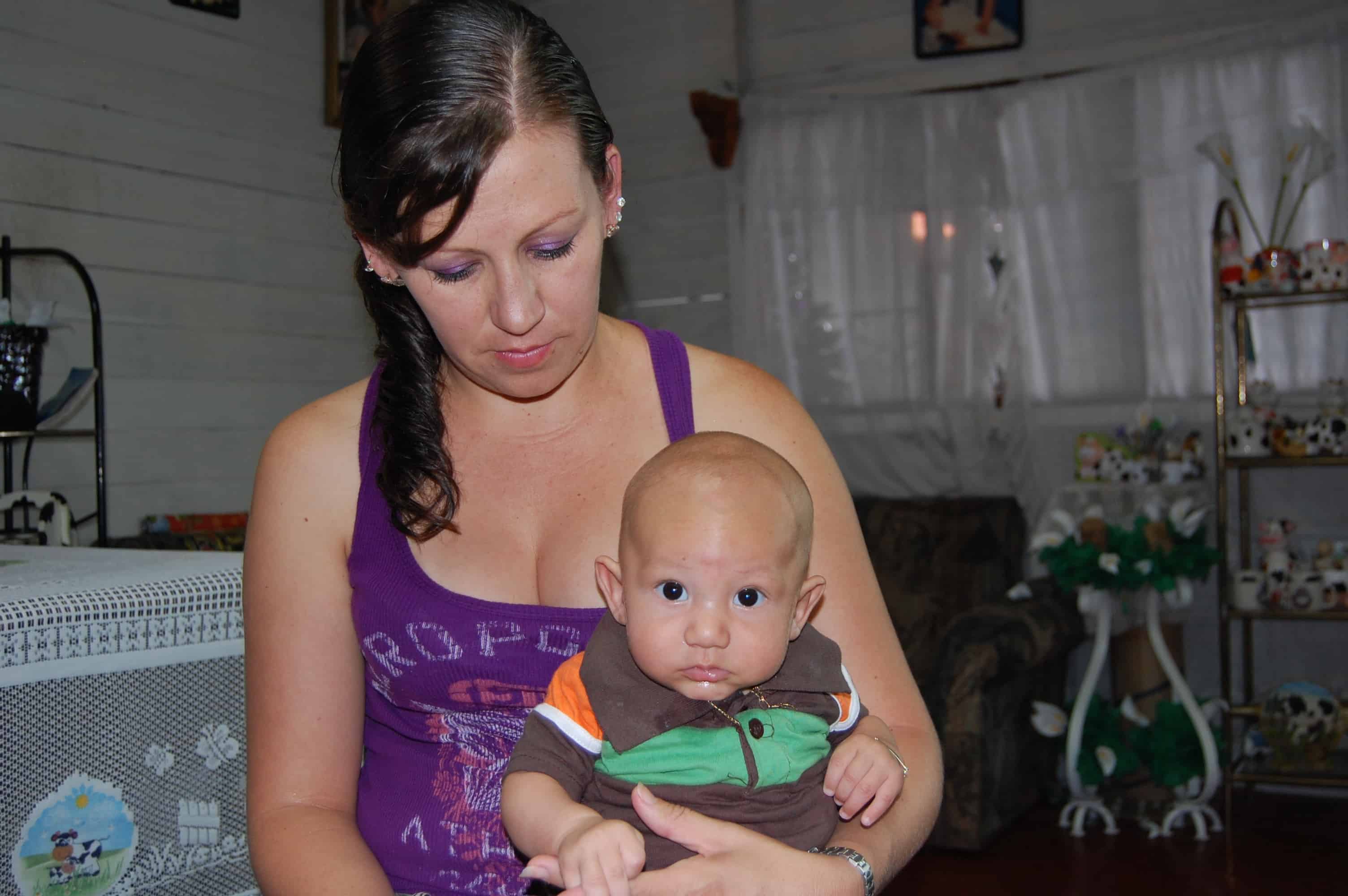UPDATE: Monday, Aug. 31, 2015
This story has been updated to reflect new air dates for the documentary “El Deseo Más Grande” on Channel 15. The documentary will be rebroadcast Tuesday, Sept. 1 at 10 p.m.; Wednesday, Sept. 2 at 2 p.m.; Friday, Sept. 4 at 10 p.m.; and Saturday, Sept. 5 at 2 p.m.
Original story continues below
The opening quote in the teaser for filmmaker Gabriela Quirós’ documentary about in vitro fertilization perfectly explains why the government has still not reversed a ban on the fertility practice, despite an international court order to do so.
“In vitro fertilization is completely unacceptable to the Catholic Church,” former San José Archbishop Román Arrieta Villalobos tells the interviewer, stone-faced.
In the face of such powerful opposition, and subsequent legislative inertia, some families have uprooted their lives and spent tens of thousands of dollars to have the procedure done elsewhere. Others have simply given up on having children of their own.
Quirós, a Costa Rican filmmaker and TV producer living in San Francisco, has been following three such families for more than 10 years as they fight for the right to have a child via IVF in Costa Rica.
Her one-hour documentary about them, “El Deseo Más Grande” (“A Beautiful Sin,” in English), airs this Saturday, Aug. 22 at 9 p.m. on University of Costa Rica’s Channel 15 and will be rebroadcast on Sunday at 1 p.m.
In vitro fertilization is a process by which a mother’s eggs are fertilized with sperm in a laboratory, and the resulting embryo is implanted in a woman’s uterus.
Fertilized eggs are sometimes destroyed during the process, which the Catholic Church believes is akin to abortion.
Still, Quirós said she was struck when filming the documentary by how close parties on both sides of the IVF debate really were in their moral outlook.
“They both want to protect those embryos,” she said. “The couples look in that petri dish and see the children they could have and the activists have a desire to protect life from an early age.”
Costa Rica is the only country in the Western Hemisphere that bans IVF, a distinction that the Inter-American Court of Human Rights has ordered it to lose. On Sept. 3, the government must appear before the San José-based court and give an update on its efforts to comply with the court’s 2012 order to legalize the fertility procedure and make it universally available.
President Luis Guillermo Solís said earlier this week that if lawmakers didn’t act to legalize IVF before then, he would do it via executive decree.
Quirós hopes her documentary will give Costa Ricans a glimpse of the human impact of the IVF ban and help them better understand all sides of the issue.
“The film opens a window to other young couples who could benefit” from IVF, Quirós said.






